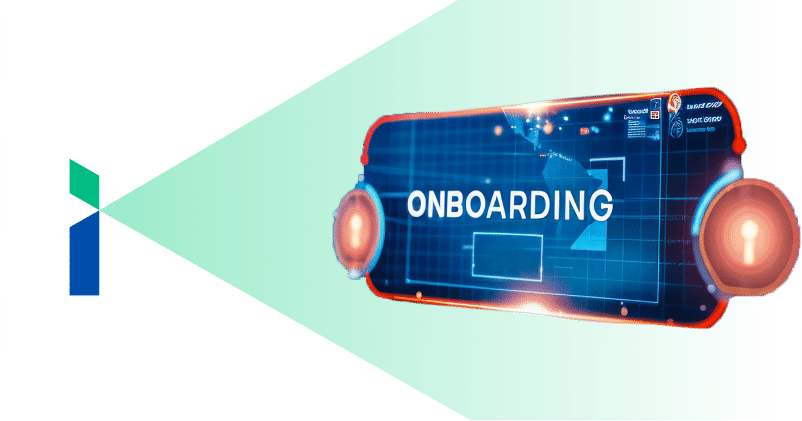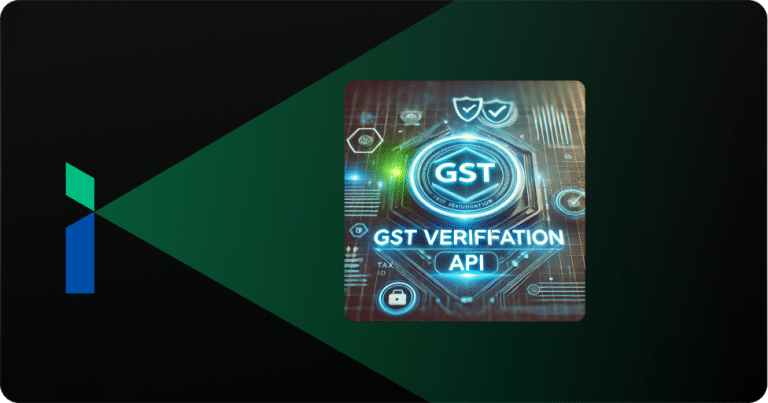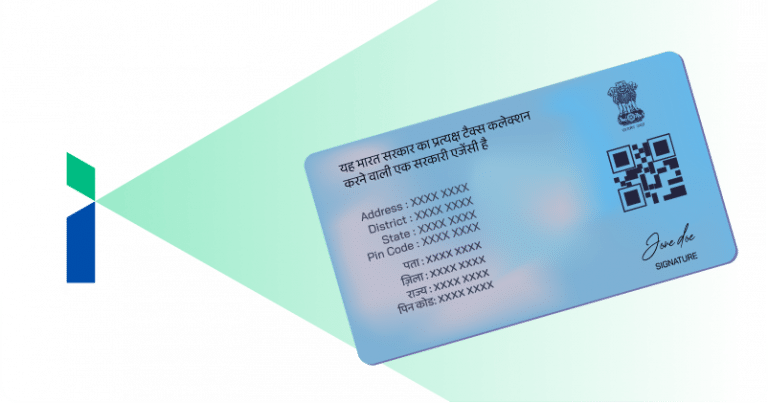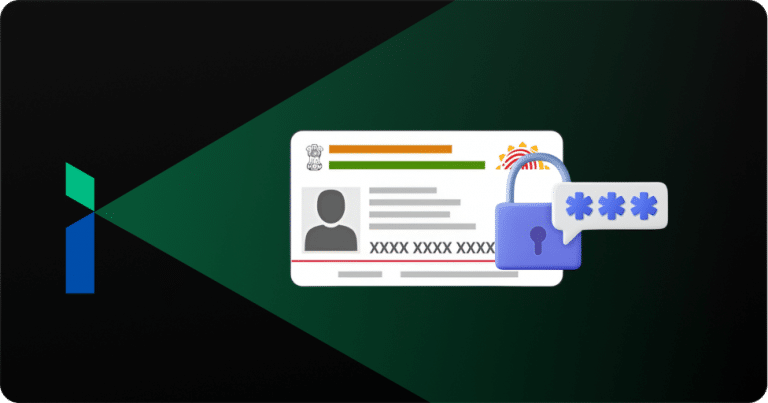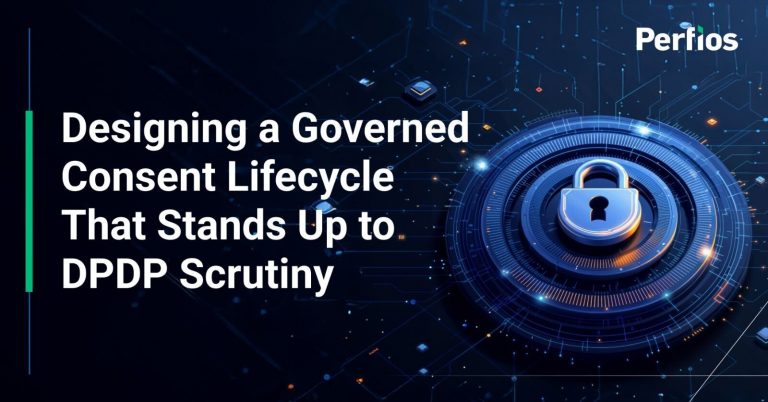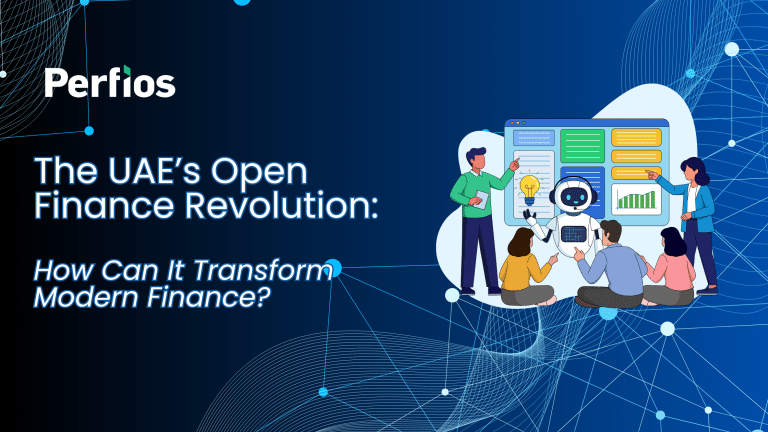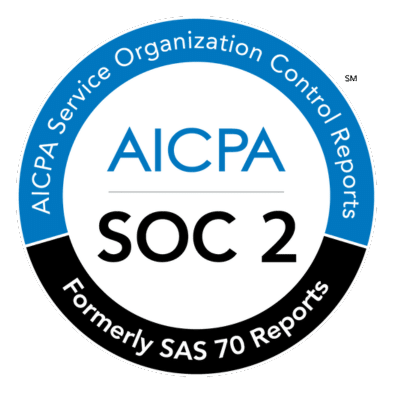Introduction
Current account holders also receive a certain number of free cheques every month, unlike savings account holders who are limited to a certain number of cheques per year and must pay extra for a new chequebook. Also, current accounts can be tailored and personalised to meet specific business requirements. However, the only criteria for a current account is to maintain a minimum balance every quarter.
The Traditional Current Account Opening Process
The traditional current account opening process is time-consuming and tedious.
To open a current account, you must first meet strict eligibility requirements. Online forms must be filled out or visit the nearest branch to obtain the multiple forms needed. Customers frequently struggle with certain fields and make egregious errors that cause the entire process to stall and results in numerous trips to the branch to correct the mistakes. To fill out such forms, you must also gather a lot of information and documents.
Collect the elaborate list of documents and traverse the often long journey from home or office to the branch to submit the documents manually.
Moreover, the inconvenience of carrying so many documents and the constant threat of losing them in transit makes the process even more challenging.
A typical client onboarding process in the financial services industry involves multiple cross-functional teams.
- Client acquisition is handled by the Sales and Marketing teams
- Onboarding requests are handled by the front office
- Documentation is processed by the KYC team and regulatory due diligence is performed by the credit team
- Account setup is handled by the back-office operations team
There is no ownership in the onboarding process due to the sheer number of stakeholders involved. There is no efficient way for these diverse teams to work together to provide seamless and frictionless customer onboarding.
This elaborate list of documents then needs to be manually verified and authenticated, which is a time-consuming task since a compliance executive may be handling several clients at once.
Additionally, the information provided is unstructured and messy, making it difficult to extract strategic insights. In addition, it may result in banks overlooking certain warning signals associated with suspicious applicants, which adds further risk to the bank.
According to McKinsey, the entire customer onboarding process from initial consultation to the final go-live takes anywhere between 43-64 days. As a result, customers have no qualms in switching banks when provided with alternative financing channels that puts the customer at the centre of everything. A growing number of fintech startups, neobanks, and e-commerce platforms have entered the fray. Traditional banks are not adept at enhancing customer experience, but these companies hold the gold standard for customer satisfaction.
Now onboarding can be done in mere minutes without any manual intervention required. Let us go through Perfios’ straight through smooth and frictionless onboarding process:
Preliminary Details and Authentication
Fill out basic details such as your full name, your official e-mail address, and your mobile number. With the Email authentication API of the Total KYC product, we will check the validity and legitimacy of the email address in order to determine whether the email address is not derived from a disposable email provider, i.e. an account created on a temporary basis solely for the purpose of opening the current account.
Total KYC consists of a comprehensive slew of processes required for authentication and verification before onboarding the clients. Besides that, there is also an advanced API of email authentication that can be activated where the organisation needs to be mentioned too, and the API will tell us the date the domain name was created, the expiration date, the age in years, etc., and what is the final validity of the email address.
There is also a Mobile Authentication API from Total KYC that can check the authenticity and validity of an individual’s mobile number as well as provide tertiary information like the network service provider, whether the connection is active, whether the number is ported, and the original network service provider from which the number originated.
Then there is OTP-based Mobile Authentication where a 4-digit OTP is sent to the mobile number once the mobile number is entered. The mobile number is verified once the OTP is entered correctly. In this way the email address and the mobile number are validated and authenticated concurrently while the customer is filling in the details in a fraction of the time taken manually.
Profile Enrichment
The application then asks for the PAN number. As a next step, the application asks for explicit consent to retrieve additional, crucial information from Ministry of Corporate Affairs, such as business details, KYC information of authorized signatories and beneficial owners, and access pertinent documents such as Certificate of Incorporation, Memorandum of Association and Articles of Association.
With the help of our award-winning, due diligence software KScan, once consent is received, additional proprietary information is extracted to complement and bolster the existing information, thus saving the user the burden of filling out lengthy and elaborate forms.
KScan is the repository for all the information about an entity, regardless of its constitution type, such as a sole proprietorship, partnership, corporation, etc. It describes exhaustively what type of business activity the company is engaged in, what products they sell, what industry they belong to, etc., the entire apparatus and machinery of the organization.
A staggering 2.7+ crore business entities are profiled on this platform, which covers the entire economic landscape of India. The business and management profiling help understand the brick-and-mortar of the organization and consequently assists in due diligence.
KScan’s proprietary graph technology uses 450 crore links between 2.7+ crore businesses, which suggests the sheer scope of related party networks and enables the discovery of disclosed and undisclosed relationships, making it the largest relationship network in the fintech market, perfect for any due diligence as it identifies any type of relationship that could impact critical business decisions.
Hence, once the comprehensive business information has been extracted, KScan works its magic by uncovering and identifying the authorised signatories and beneficial owners of the business, as well as providing detailed and intricate information available with the Ministry of Corporate Affairs of the authorised signatories and beneficial owners merely based on the business PAN number.
From Total KYC, the PAN Profile API displays all the details associated with the personal PAN numbers of authorised signatories and beneficial owners. The PAN numbers come from the detailed information provided by KScan. PAN numbers are used to retrieve personal information, such as address, date of birth, mobile number, father’s name, etc.
KYC
Then we come to the integral process of validation and authentication
Here are the documents required for opening a Current Account:
- Proof of identity of the proprietor/trader/professional/institution/association, etc. such as the Aadhaar card, PAN card. Additional documents for individuals include voter ID, passport, driving licence.
- Proof of address for an individual: Aadhaar card, Telephone bill, electric bill
- Proof of the existence of the business: Any of these documents will be enough to establish proof of the existence of the business:
- Registration and Licenses issued by the Municipal authorities. This document is vital under the Bombay Shops & Establishment Act, 1948.
- GST registration certificate with the number.
- A registration certificate issued by Professional Tax authorities.
- A business registration certificate issued by the respective State Government.
- RBI (Reserve Bank of India) /SEBI (Securities and Exchange Board of India) registration certificate.
- Licences by FSSAI (Food Safety and Standards Authority of India).
- An import-export licence issued by the Director General of Foreign Trade.
- Proof of address for business:
- TAN (Tax Deduction and Collection Account) allotment letter by the Income Tax
- Property registration documents
- Property Tax/Water tax bills
- Title deeds to the property/rental registration documents.
- Existing bank account statements.
If the person opening the bank account is an NRI, the following additional documents will be required:
- Customer declaration containing the following:
- The funds will come from an NRO (Non-Resident Ordinary) / NRE (Non-Resident Rupee) / FCNR (Foreign Currency Non-Repatriable account)
- The firm is not engaged in agricultural activities, print media or real estate business.
If the entity opening a Current Account is a limited liability partnership, the following is required:
- Certificate of incorporation for Limited Liability Partnership
- Limited Liability Partnership agreement
- List of designated partners and their Designated Partner ID (DPID) issued by the Ministry of Corporate Affairs
- KYC (Know Your Customer) of Designated Partners
- A resolution showing that the Designated Partner is authorised to be a signatory.
If the entity opening a Current Account is a company, the following additional documents are required:
- Memorandum of Association
- Articles of Association
- Certificate of Incorporation
- Certificate of Commencement of Business for a Public Limited Company
- List of Directors of the company
- Board Resolution appointing signatories.
Total KYC APIs
In our entire portfolio of Total KYC products, we have a range of APIs that validate and authenticate each document merely based on the preliminary details of the account. Taking advantage of existing information, it might enrich the existing information with supplementary information. As a result, the customer does not have to provide any documents manually, as the initial information pulled out from KScan and TotalKYC will suffice to extract and retrieve the documents. In the current account onboarding journey, the application will ask you to select any proof of identity and either you have the option to upload the document or provide the details of the document so that our API can extract ther documents as mentioned above.
OCR
You can also click a photo of the document and Perfios’ OCR technology will retrieve the relevant details from the document automatically without any manual intervention. So what is OCR technology?
Although traditional scanning methods do not help beyond archiving documents, the banking industry, fortunately, has a very powerful tool at its disposal that serves as a catalyst to help meet the key objective of digitization-that is, making data available on paper digitally accessible for many different purposes.
The technological process of optical character recognition, or OCR, goes beyond scanning by capturing and transforming the text content on documents into digital text. A subset of machine vision technology, optical character recognition identifies written or printed letters and characters and reproduces them digitally for use in other applications.
It must be installed in a system that is equipped with a camera that can produce high-resolution images of paper documents in order to convey data or information accurately. The algorithm accomplishes this difficult task by scanning and recognising letters and characters by shape and reproducing them in a digital, machine-readable format in the order specified.
Perfios provides the best in industry KYC Optical Character Recognition (OCR) API. This ready-to-use API recognizes and extracts data from popular OVDs saving time and eliminating manual error. The extracted data may further be used for authentication.
Video KYC
In case the client is hesitant to perform all these elaborate processes and wants a single interaction where all the documents are authenticated and all the pertinent details provided and all the formalities fulfilled, then they can opt for Perfios’ Video KYC.
What is Video KYC?
Video KYC is a customer identification and due diligence process that enables banks and other financial institutions to perform customer KYC remotely by undertaking an encrypted audio-visual interaction with the customer to obtain and verify identification information. It is the only method available to execute a full KYC remotely.
Video KYC has been the primary tool to onboard customers remotely during the COVID pandemic as we adapt to the new normal where movement is highly restricted, disallowing or discouraging prospective customers from visiting banks, submitting their documents, getting their KYC done, and stitching a new financial relationship with a new bank.
How Perfios Enables Seamless Video KYC process for BFSI
Perfios’ Video-KYC can be done remotely from anywhere. The only requirements are an internet connection and documents readily available to you. During the audio-visual interaction, you would be flawlessly directed to show the necessary documents and be asked basic questions with the answers available on the screen of both the agent and the customer, which acts as a potent layer of authentication.
Before the interaction, you will be asked to fill in personal details, and during the exchange, those details will be authenticated with the relevant information available on the document imbibed into the system through the OCR feature for identity verification; and extraction of Aadhaar xml file during the preliminary process.
ESign
Then there is the final hurdle of providing your signature to provide validation to the entire process. You can either upload a photo of your signature from the device or capture a photo of a paper with your sign on it. If there are multiple parties involved, then the signatures of all the parties are needed.
We discussed merely the front end checks and processes. There are certain backend checks that are required for due diligence with KScan being a critical part of it
Negative Checks
Another significant USP of KScan are the negative checks that also help monitor the counterparties on an ongoing basis. You can track and receive alerts around early warning signals of your portfolio companies, including Litigation and Negative news.
There are 88 odd alerts that you can monitor, which are grouped into various sections, i.e., Regulatory actions, Statutory compliance, Banking defaults, auditor alerts, credit ratings, etc. These alerts inform you of any monumental change under any of the above sections related to the target entity, such as credit rating downgraded or RBI declaring the company as a shell company, etc.
KScan tracks, monitors, and conducts a detailed analysis of news surrounding a target entity, with news segregated by severity, relevance, and exposure, which is ideal for due diligence of larger entities that have an oversized impact on operations and profits because of negative news floating around. It keeps you covered with all the current happenings in the organization that may tarnish its reputation or affect its financial stability.
You can get a quick glimpse into the financial defaults of the company of previous financial obligations. It provides the list of assets up for auction that was hypothecated as collateral for loans that the target entity is unable to pay.
Many crooks embezzle shareholder’s money by floating innumerable shell entities that may portray a gleaming veneer but with insides that are chockablock with the filth of financial crimes, deceiving even the statutory authorities. KScan was designed after studying extensive financial and other patterns usually followed by shell entities. KScan was imbibed with a rule-based engine to help identify shell entities with a 98.5% accuracy. Through KScan, Perfios have been able to identify 150000+ shell entities. Our product uses more than 120 parameters/data points to arrive at the classification, including high-risk patterns in financials, high-risk zones/addresses, hidden email linkages, etc.
Hence, we take pride in saying that KScan has the most comprehensive negative checks compared to similar applications in the market.
Litigation Monitoring
You can identify and track all cases filed by or against a company across District Courts, High Courts, the Supreme Court, and Several Commissions and Tribunals. You can track the total cases, cases awaiting a verdict, cases disposed of, cases that pose an extremely high risk, frivolous lawsuits, etc. KScan has award-winning fuzzy algorithms and filtering options that give the user access to identify and analyze the best results. You can extract the complete juridical history of the organisation and accordingly conduct a risk assessment of the target entity and consequently determine the terms of your offering.
Defaults
Furthermore, it gives a broad overview of the default in payments made by companies to their clients or banks. In this case, it indicates that the business has loopholes in its payment process and has a chequered past when it comes to meeting its obligations. Therefore, banks are saved from opening current accounts for clients that may incur huge losses and tarnish the bank’s reputation.
Network Map
With our investigative expertise, we have detected and identified a whole slew of red flags ranging from businesses registered under the same address, using the same email ID, domain, even ownership of the domain to former and current employment relationships, family associations, thus providing a comprehensive and thorough business network analysis and graph that extends to 4th degree of connections, resulting in the most exhaustive due diligence insights in the market today.
Conclusion
Through this conniving integration of products and processes, the bank achieves straight-through processing of onboarding clients without interruptions or hurdles, enhancing its reputation and fulfilling the implicit promise of providing a superior user experience. Even though there are countless front-end and back-end checks, the actual onboarding process doesn’t take more than a few minutes, eliminating the possibility of bias or error.
